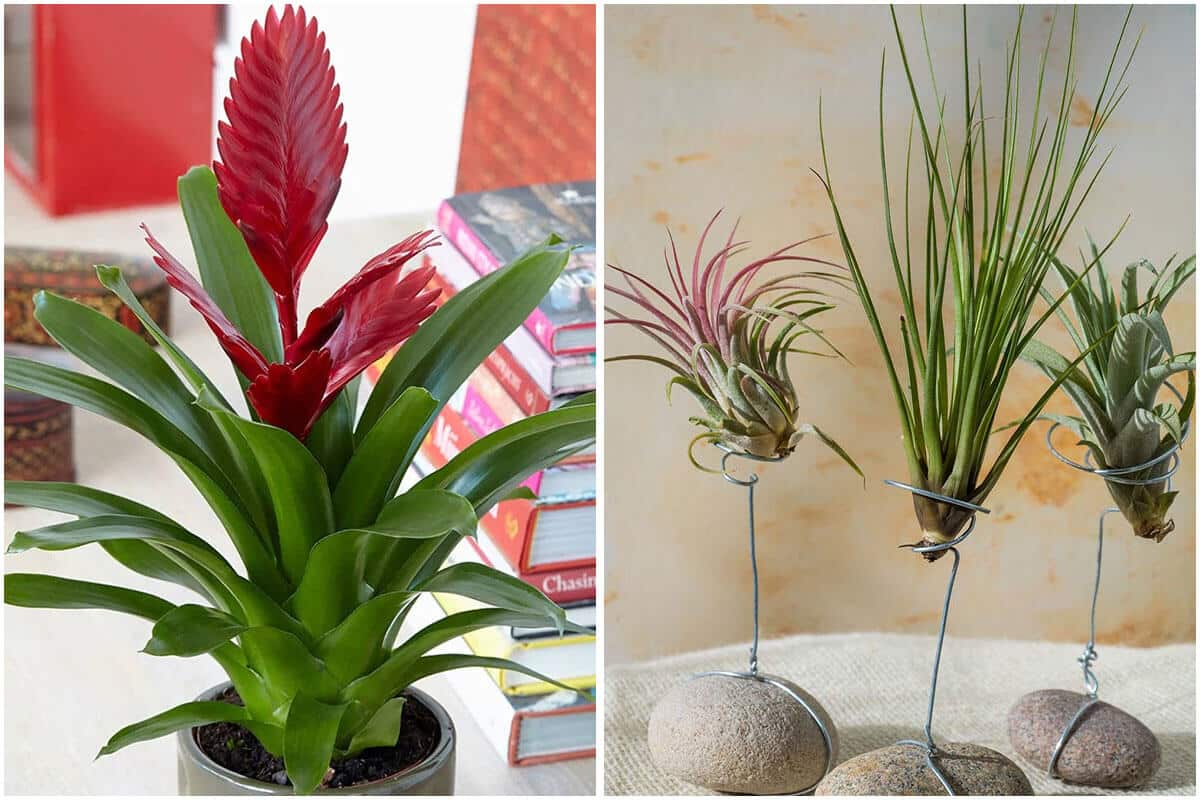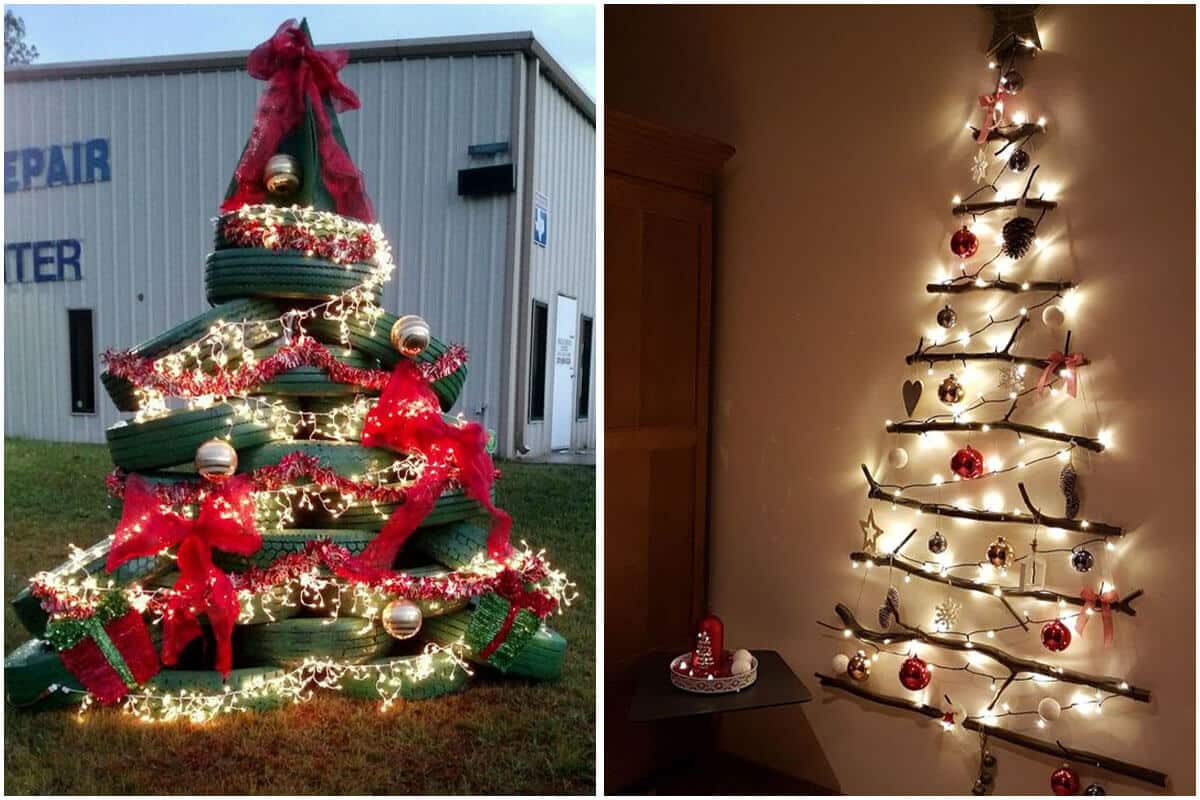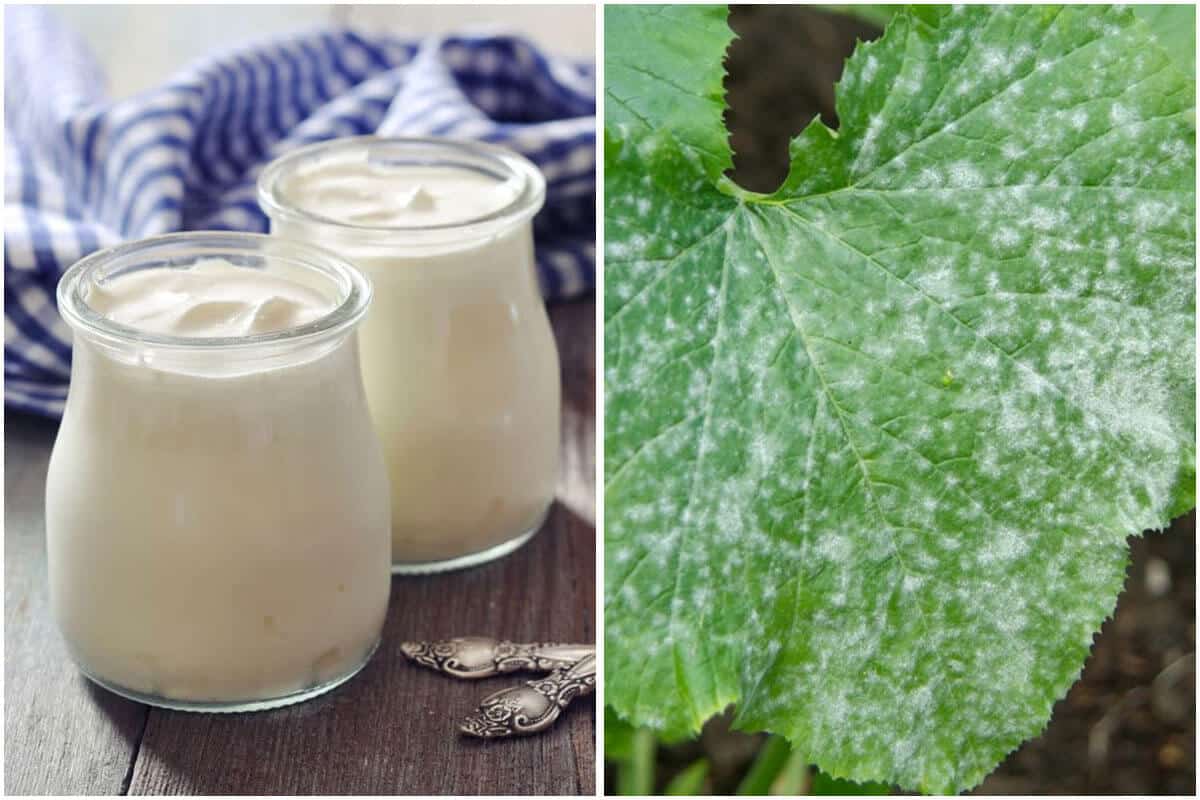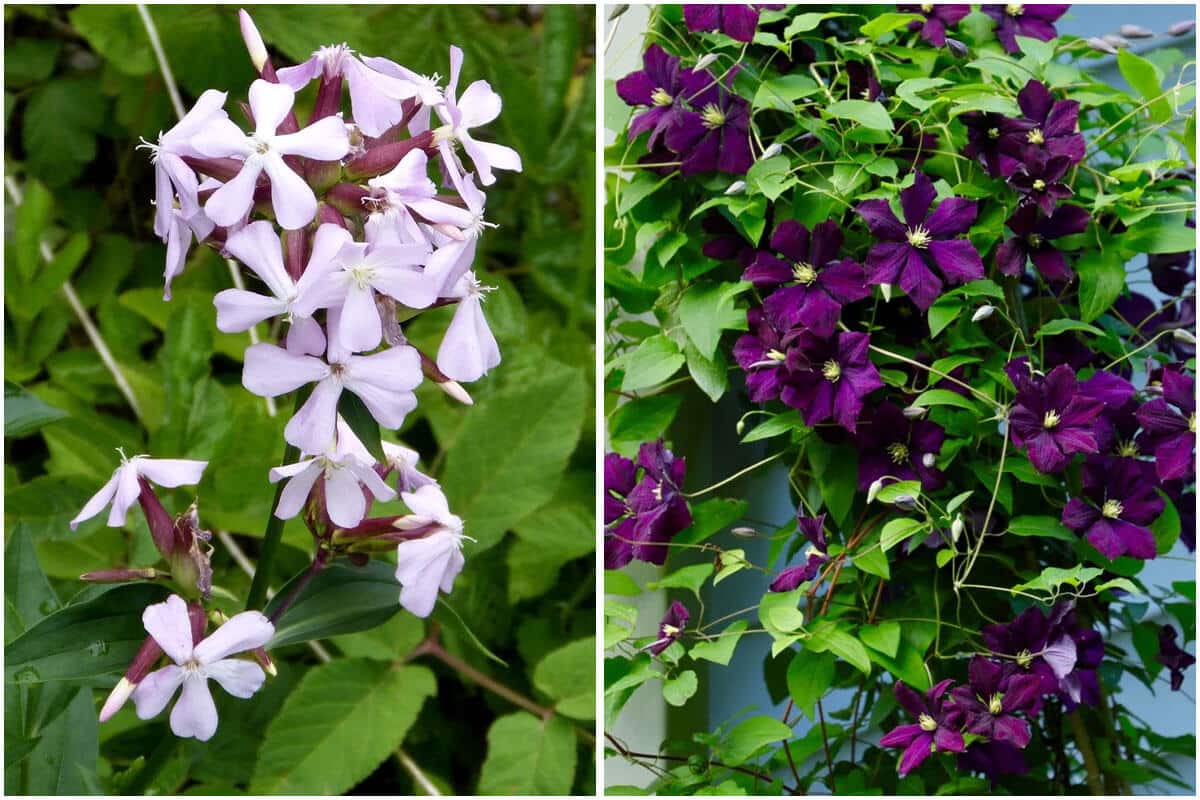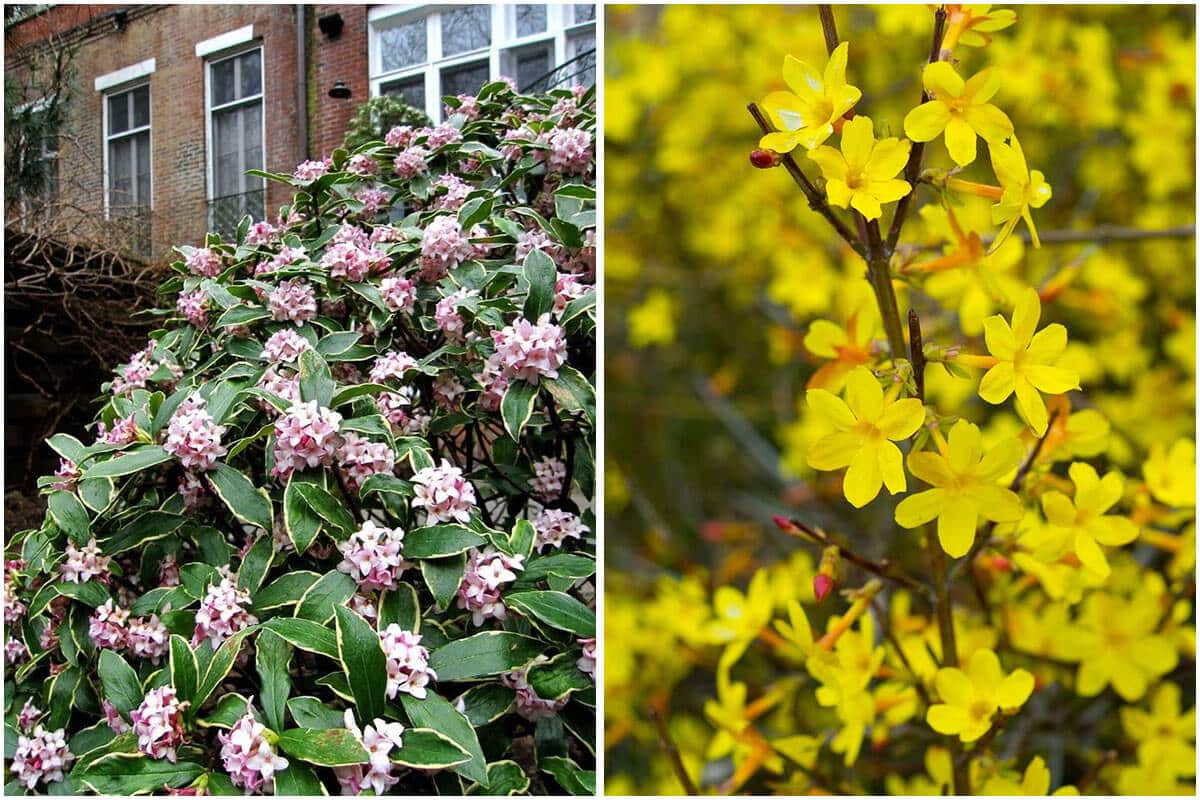Aphids are among the most harmful insects to your crops. These pests pierce the stems of plants to suck out the nutrient-rich sap, preventing your plants from growing healthily. Aphids also frequently carry viruses which infect a host plant as the insect feeds. These are often lethal to crops like potatoes, citrus fruits, and grains. These tiny insects also create a favorable environment for sooty molds to coat the leaves of a plant, depriving it of sunlight. For these things, you should keep aphids in check.
Here are 12 chemical-free tools to get rid of aphids on your plants. If you prefer natural gardening methods, you should never skip this post. They’re effective in keeping these tiny pests away from your plants and also friendly to the environment. These tools are additionally friendly to your budget. Get interested in knowing more? Let’s get started!
#1 Water Pressure

You can simply remove aphids off of plants with the simple application of a garden hose. Although this method may harm younger, more fragile host plants, it can is helpful for controlling small aphid populations on more robust and well-established plants.
#2 Physical Removal

Use a pair of gardening gloves and brush or pinch the pests from stems and leaves of your plants. Prune off the affected portion(s) and drop them into a bucket of soapy water to kill the aphids, if needed.
#3 Soap and Water

Mild household detergents makes perfect materials to get rid of mild to moderate aphid infestations. Here is how to do it: Dilute a few tablespoons of dish soap in a small bucket of lukewarm water, and use a sponge or spray bottle to apply the mixture to plants where aphids have taken hold.
#4 Neem Oil

Like soap and water, neem oil is diluted in water and sprayed onto plants infested with aphids. The organic chemicals present in Neem oil can also repel a wide array of other garden pests including mealy bugs, cabbage worms, beetles, leafminers, ants, and caterpillars.
#5 Essential Oils

This is one of the most effective way to repel aphids against your plants. Simply mix thyme, peppermint, clove, and rosemary oils – 4-5 drops of each are enough. Mix this solution into a small spray bottle filled with water. Shake well and apply to infested plants.
#6 Insecticidal Soaps

You can use remixed all-natural insecticidal soaps treatments for garden pest-control. There are many types for you to choose from. Just be sure to read and follow the instructions provided with these products.
#7 Beneficial Insects

Ladybugs get help get rid of aphids on your plants. All you need to do here is to attract these insects to your garden. Look for our other articles about the best ways to do that.
#8 Bug-Eating Birds

Another natural method to remove aphids away fron your plants is to encourage the nesting of birds such as wrens, chickadees, and titmice around your garden. You can grow small trees and twiggy shrubs that provide good cover to attract these birds to your garden. These plants offer them free food and housing space. And these birds love them.
#9 Watch Out For Ants

As ants love the honeydew secreted by feeding aphids, they will often protect colonies of aphids from predators. As such, you should draw the ants away from their aphid-cattle. Baiting them with small containers of honey placed near the base of the infested plant.
#10 Natural Repellents

Aphids hate the organic compounds which give onions and garlic their signature aroma. As such, you can grow these and other Alliums around your garden to prevent aphids from taking up residence there.
#11 Natural Attractants

You may try planting some plants that aphids love most. Zinnias, dahlias, cosmos, and asters are some of them. Just be sure to grow these plants in an area some distance away from the plants you wish to protect from aphids.
#12 Create the Balance

Imagine that If there are no aphids to dine on, predators that naturally consume aphids will certainly fly away seeking more abundant food sources. As such, you should grow plants which are hardy enough to survive small populations of aphids.
